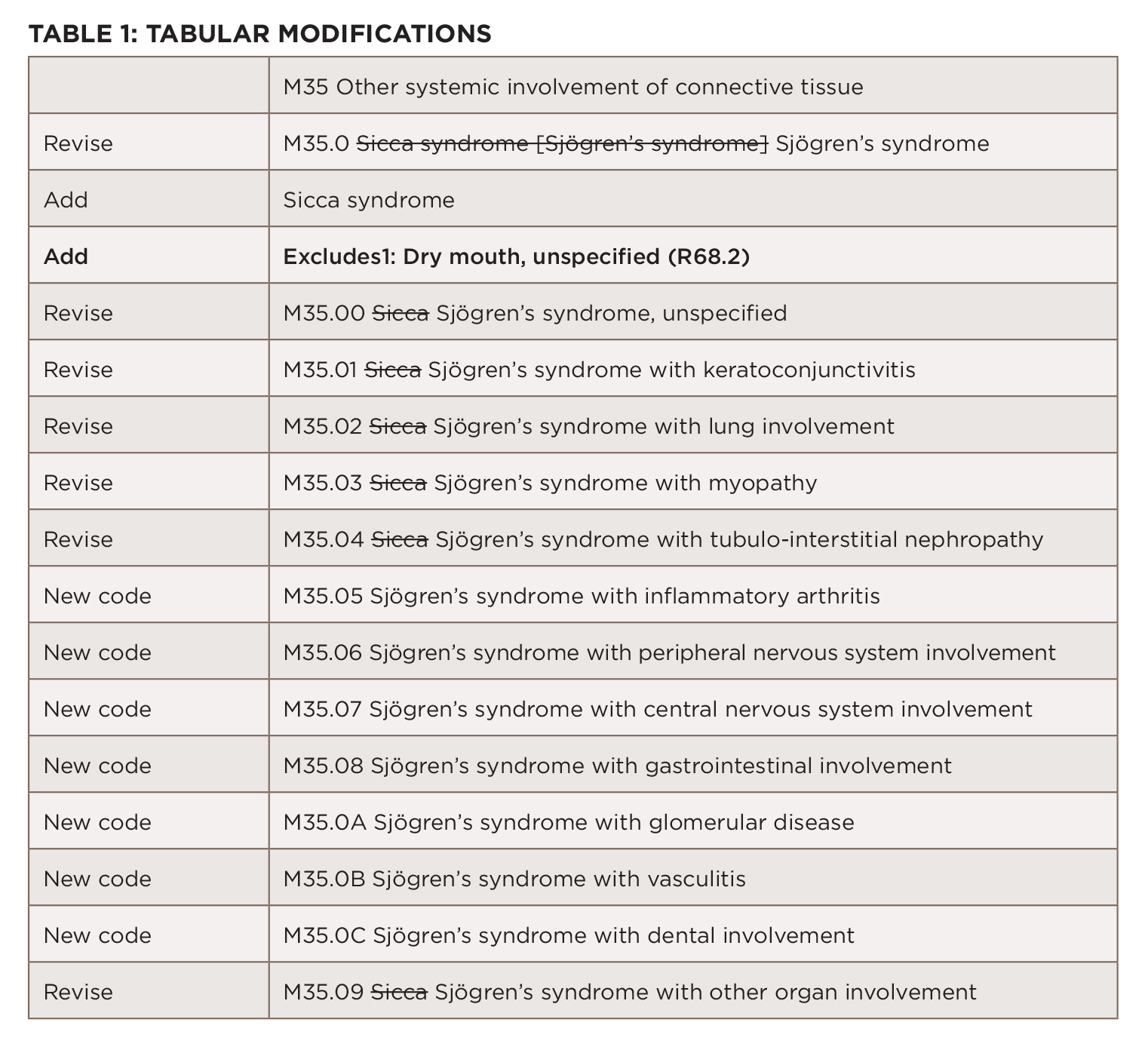

ICD 10 INSOMNIA SEVERE CODE
Also, if sleep apnea is linked to drug-induced insomnia, the code should be G47.00, along with a F11-F19 code, depending on the substance.

Such as, if night terrors or nightmares or sleepwalking is present, then F51 codes should also be coded with the G47.00. For instance, even though unspecified insomnia is ICD G47.00, certain components of this condition should also be coded. Note: Check the “Exclusion Notes” before coding insomnia because some insomnia-related symptoms and conditions may also be separately coded.
ICD 10 INSOMNIA SEVERE MANUAL
Insomnia ICD-10 and guidelines can be found in the ICD-10 CM Manual – Chapter 5 (Mental and Behavioral Disorders – Codes: F01-F99) and Chapter 6 (Diseases of the Nervous System – Codes: G00-G99). Secondary insomnia is an inability to fall and/or stay asleep because of an ailment or health condition, such as lupus, anxiety, depression, asthma, restless leg syndrome (RLS), cancer, arthritis, chronic fatigue syndrome, chronic pain, influenza, dementia or Alzheimer’s syndrome, thyroid problems, etc.Primary insomnia is an inability to fall and/or stay asleep because of internal and external factors, such as noise, light, atmosphere, work-related, relationship, or personal stress, temperature, or the loss of someone or something.There are two types of insomnia – primary and secondary. Acute insomnia is most prevalent in women over the age of 60. Chronic insomnia, on the other hand, typically lasts a long time or reoccurs regularly or many times.

In other words, you may experience, but never again. If you have insomnia, it may take you a long time to drift-off, lead to frequent wake-ups in the middle of the night, trigger constant tossing and turning, and/or cause you to awaken feeling fatigued, groggy, and disorientated.Īcute insomnia is a type of insomnia that occurs infrequently. Insomnia is a sleep disorder that makes it difficult, if not impossible, to fall asleep and/or stay asleep throughout the night.


 0 kommentar(er)
0 kommentar(er)
